New war medicine for the 21st century in conflict
- André Vltchek (1962) is a journalist and documentalist who runs around the world to publicize armed conflicts. Born in Leningrad (St. Petersburg, Russia), an American of nationality, he is known for his chronicles in small media, as well as for his books, the last two with lies of the Empire and Aurora of fiction. In the Basque Country, Txalaparta made him public the terrorism of the West with Noam Chomsky. He has also produced a series of documentaries on the war in Rwanda and Congo and others. At the moment, the documentary focuses on the ecological and human catastrophe that the government of Borneon Indonesia has just completed its career. Loving to carry out the work in complete independence, he is raising money among his followers: Save Borneo/Kalimantan Island!! You can find a way to subsidize the project by looking for it. Dr. Ghassan Abu Sittah, a Palestinian born in Kuwait, is responsible for the plastic surgery division of the American University of Beirut after studying and specializing in Britain. In 2015 he published with doctors and sociologists “Conflict Medicine: Document “A Manifesto” under the patronage of Médecins Sans Frontières. As they proclaim, “with the manifesto we want to underline the need for a better understanding of the dynamics of wounds and injuries, within the ecology of war instead. (...) The war changes the biosphere, that is, the physical infrastructure and the biological and social environment in which people live. The destruction and change of war is often irreparable and has long-term consequences for people and society.” This Vltch interview was first launched in the Counterpounch advanced space with the title Middle Eastern Surgeon Speaks About “Ecology of War” in April 2017. André Vltchek (his website here, Twitter account here) has generously given ARGIA permission to spread it almost entirely.
Dr. Ghassan ‘Gus’ Abu-Sittah is the director of the Plastic Surgery Department at the American University Hospital AUBMC, in Beirut, Lebanon. Medical specialty: reconstructive surgery. What it means in this part of the world is they bring you fragmented, faceless, faceless, faceless people to not know it, and you have to make it live again.
Dr. Abu-Sittah is also a thinker. Born in Kuwait, he has studied and lived in Great Britain, worked in different places in the Middle East, including in Asia, until he accepted his job at the AUBMC of Beirut.
We find ourselves in a strange way. A few months ago, I burned my foot in the incandescent sand of South Asia. I was slowly curing, but when I went to Afghanistan, finding myself in a little Herat checkpoint, I was standing up and went mad again. As I passed through London, I was served by a former Abu-Sittah professor, and when I told him that I also work in Lebanon, he recommended that I visit “one of our best students today in Beirut.”
So I did. Al-Mayade’s pan-Arab television was recording a dialogue about my latest political-revolutionary novel, “Aurora,” the situation in the South of the world, the strengthening of Western imperialism, etc. To my surprise, doctors Abu-Sittah and his colleagues followed my work and political ideas. The “problem” of my foot was nothing more than a weak scratch in a well-healed doctor. What I was really interested in was the US attack on Syria and Palestine, and the provocations against North Korea.
I healed my wound well and Abu-Sittah and I became friends. Unfortunately, I have to leave Beirut in the direction of South-East Asia and I will not take stock of the great conference on the ecology of war, promoted by Dr Abu-Sitta and his colleagues on 15 May.
The issue is really stimulating and fundamental to our humanity, as well as to its survival. It brings philosophy, medicine and science together.
What happens to people in war camps? What is really a war camp? We both come to similar conclusions, because we both work with the same idea, but looking from two different angles: “Misery is war. The dissolution of strong States leads to conflict. Today, many people on the planet live in conflicts or wars, without realizing it: shabolders, refugee camps, or very deep in the states of play.”
We have talked a lot together: fear, which devours countries like Britain, individualism and selfishness about the new wave and the frustration at its roots. In a moment, the doctor said: “In most places in the world, the word ‘freedom’ means the struggle for the independence of our countries. Instead, in places like the United Kingdom, their synonyms are more individualism, egoism and personal rights.”
We have talked about imperialism, medicine and suffering in the Middle East. And we've finally decided to publish this interview to make a little bit of light on the "Ecology of War," a new discipline fundamental to medicine, both for philosophy and for medicine. The meeting took place on April 25, 2017 at the Younes café in Beirut.
"Misery is a war. Today in the world there are a lot of people in conflict or at war, not realizing many times: blacksmiths, aground countries, refugee camps..."
It talks about the violation of the Social Contract in the Arab world and in Europe.
In the South of the World, medical and health services were fundamental elements of the post-colonial state. The postcolonial state organized as part of the social contract health systems such as those we had in Iraq, Egypt and Syria, which were at the center of their origin. The State thus showed that it exercised power in two ways, coercively (the State can invade you in prison or even exert violence against you), but above all in a non-coercive way, without violence: you have to give home, education, health services, etc. This non-coercive power is fundamental for the State in its legitimization process.
If I am allowed a digression, look at how the state was torn down. The aim of the Iraqi punishment was not to weaken Makhabarat [the secret services] or the army, but to deprive the Iraqi State of its non-coercive force, of its power of life to give people life, education. And 12 years later, the state sank completely, not because its oppressive forces weakened, but because they stole that power, the power to secure life to the people.
Therefore, in a way, the contract between the State and the citizens was breached.
No doubt! And you had the same contract in most post-colonial countries. Then, policies promoted by the International Monetary Fund and the World Bank were introduced, in which health services provided business opportunities to the elites and corporations in power, while free health services were a burden on states. Then began the weakening of the non-coercive state authorities in countries such as Egypt and Jordan, which meant the weakening of their legitimacy. The IMF and the WB aimed to turn health into a commodity, to sell it as a sales service to the public... to those in a position to pay.
So the United States model, but much more brutally, because wages are much lower in most of those countries.
That's it. And the operation takes place as follows: create a two-tier system and take money off the public level for people to go to the private sector. Then, in the private sector you will find all the elements of success of private health, from health insurance to care services and medicines.
Paradoxically, that is what is happening right now in Britain.
Britain and many other European countries. But before it happened in our region, in the Arab world. Here, health services were essential for the creation of states and fundamental for their legitimacy.
It's been a very cynical scenario. The West imposed a private health system on Arab countries and many others in the world, and meanwhile, in the West, except in the United States, medical services remained public and almost free of charge. I mean Europe, Canada, Australia and New Zealand.
Yes. Welfare state in Europe II. It emerged from the World War, health security was part of the social contract. With the advent of Thatcherism and Reaganism, the welfare state was crumbling, but in Britain, and in countries like Germany, reaching the measures that arrived elsewhere was politically dangerous, because it would lead to a loss in the elections.
Therefore, the second plan was to destroy the health system to slowly end it with thousands of rafts. That leads you to partially privatize, as in Britain, the health department. And people don't know, they don't realize that the system is being privatized. Or, as in Germany, the government does not pay for the health service: the government subsidizes insurers and they benefit from private health care.
There is a philosophical dilemma that should be discussed today among medical professionals. Is European social insurance itself not to some extent a cynical solution? The European countries are now part of the imperialist bloc with the United States and are plundering the rest of the world, whole parts of the Middle East, Africa and Asia, and are subsidising their social system from that theft. On the one hand. But it also happens that many doctors and nurses operating in Great Britain or Germany have been ‘imported’ from much poorer countries, where they are educated and are going to stop. Instead of helping the countrymen who need it, they are now working for Europe’s oldest, most discerning and most demanding people, who often use medical facilities as ‘social clubs’.
I believe that what has happened in Europe is a deterioration in the welfare state in all its parts. It was not politically possible to eradicate free health care. As you see in Britain, the problem is that health is manifested the consequences of the social and economic factors that people experience. If you have chronic unemployment, a second- and third-generation unemployment problem, that has health consequences. If you destroy pensions and aid for the protection of the unemployed at the same time, that has consequences. Poor housing conditions have health consequences. Mass unemployment brings health problems.
The battle that Western health systems are losing today is to leave on them the consequences of the brutal capitalist system, treating health systems as if they were non-governmental organizations.
Politically, they managed to get rid of other components of the welfare state, but then they've come across the health problem. So the battle that Western health systems are playing and losing is that they've thought about leaving the consequences of the brutal capitalist system on them, as if health systems were non-governmental organizations.
But we know that when changes in lifestyles have affected people's health, it's too late to cure or prevent it. And that's what European health systems are doing, trying to get them back to the streets with patches on people. So if you have kids with chronic asthma, you treat their asthma, but not the garbage houses where the kids live. If you have violent attacks and traumas from violence, you treat trauma, physical appearances, not the disaster that is youth unemployment, or the racism it causes.
So, to sustain what you call an anomaly, you need an inflated health service, because it makes people get sick and then you try to remedy it, more than do you do the way you don't get sick again. That's why medical leaks have emerged, and so there are more Ghanaian doctors in New York than in Ghana itself.
And you have an entire army of Filipino nurses in Britain, while in Manila there is a shortage of skilled nurses.
No doubt. That’s what happens today because people’s health ‘passes’ out of the health system. Because you can't destroy the health system, you end up having an inflated health system to try to repair the diseases that come from the portal.
You have worked throughout the region, as in Iraq, in Gaza. We've both worked at Shifa Hospital in Gaza. In times of war he worked in southern Lebanon. How bad is health in the Middle East? To what extent has it been bad for the sick in Iraq when compared to the sick in the West? How cruel is the situation in Gaza?
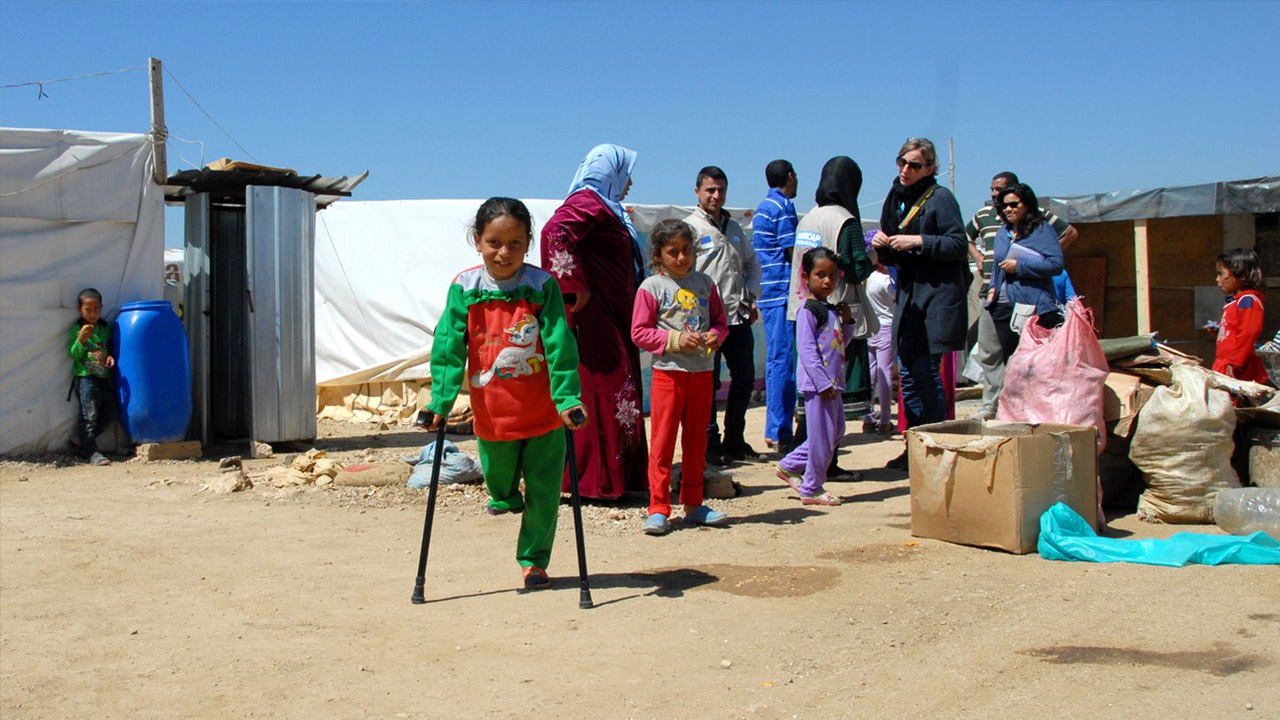
Looking at places like Iraq, Iraq probably had in the 1980s the most advanced health care system in the region. Then there was the first war against Iraq [the invasion of Kuwait] and then the 12-year sanctions completely demolished the health system. We are talking not only about hospitals and medicines, but also about the forced expatriation of doctors and health professionals, but also about the destruction of water, sewage and electricity plants that have a direct impact on people’s lives.
And then came depleted uranium ...
And to that mix add the war of 2003 and then the total destruction and defeat of the state, and the emigration of half of the Iraqi doctors…
Where had they left?
To everybody, to the Arab Gulf to the West, to North America, to Europe… So in Iraq you have a system not only broken, but all the elements necessary to rebuild what you have lost. In Iraq, it cannot train a new generation of doctors, because all those who are able to teach have left abroad. You can't create a health system in Iraq, because the government infrastructure you've created is unstable and based on the multi-polarity of the command centers, each area struggling with all the others trying to control the State's bollo... That's why Iraqis outsource health at the hospital level to India, Turkey, Lebanon to Jordan, because they're in a vicious circle.
But that will only be for those who can afford to pay.
Yes, for those who can pay for it, but it is the same as in times when the government has had money, in no case has it been able to rebuild the system. That's why you outsource health services abroad, because the system is so broken that even money can't fix it.
Does the same thing happen in other surrounding countries?
The same is true of Libya, and the same is true of Syria, where doctors escape, as in the United States. Syria will suffer something similar to what happened to Iraq when the war is over, if the state of Syria is destroyed.
But it still holds her up.
Yes, and in Syria it still provides health services to a large majority of the population, as well as to the inhabitants of the rebel-controlled regions. They continue to travel to Damascus and other cities for cardiac or oncological care.
Without questions, “if you’re sick we’ll treat you” and period?
Even those from regions controlled by ISIS, people can go and get treatment, because it's one of the State's tasks.
With education, the same thing happens. Syria continues to offer all basic services.
No doubt. But in Libya, because the state has disappeared or it has been completely destroyed, all that is over.
Libya is no longer a country…
There is no united country in Libya, and there is no health system there. In Gaza and Palestine, with occupation and siege, they claim that there is no normalized development of the health system. In the case of Gaza, the Israelis say that “you have to go every so many years and cut the grass off with the scylla.” You kill as many people as possible in those savage and intense wars, to make sure that then other years people will have to survive the destruction you've caused them.
Is there any Israeli medical help?
Yes, of course. But today the Israeli medical establishment is an intrinsic component of the Israeli establishment, as an Israeli medical learning system. The Israeli Medical College does not want to condemn Israeli doctors to look at Palestinian political prisoners “to be able to interrogate them.” And this is basically... that a doctor will come to you who decides how many tortures you can suffer before you reach the point of death.
This reminds me of what I was told in 2015 when I was called to the International Conference of Psychologists for Peace in Pretoria, South Africa. They told me that in the interrogations and torture of suspected terrorists there were professional psychologists and even clinical psychiatrists, often accompanying interrogators.
Yes, the interrogation procedures of the cia were designed by two or three known American psychologists today.
What you explain is what is happening in Palestine, it seems, is a very widespread system. In Cacmir, controlled by India, I have been told that Israeli intelligence officers teach their methods of interrogation and torture to the Indians. Prefosta, they're also in this country.
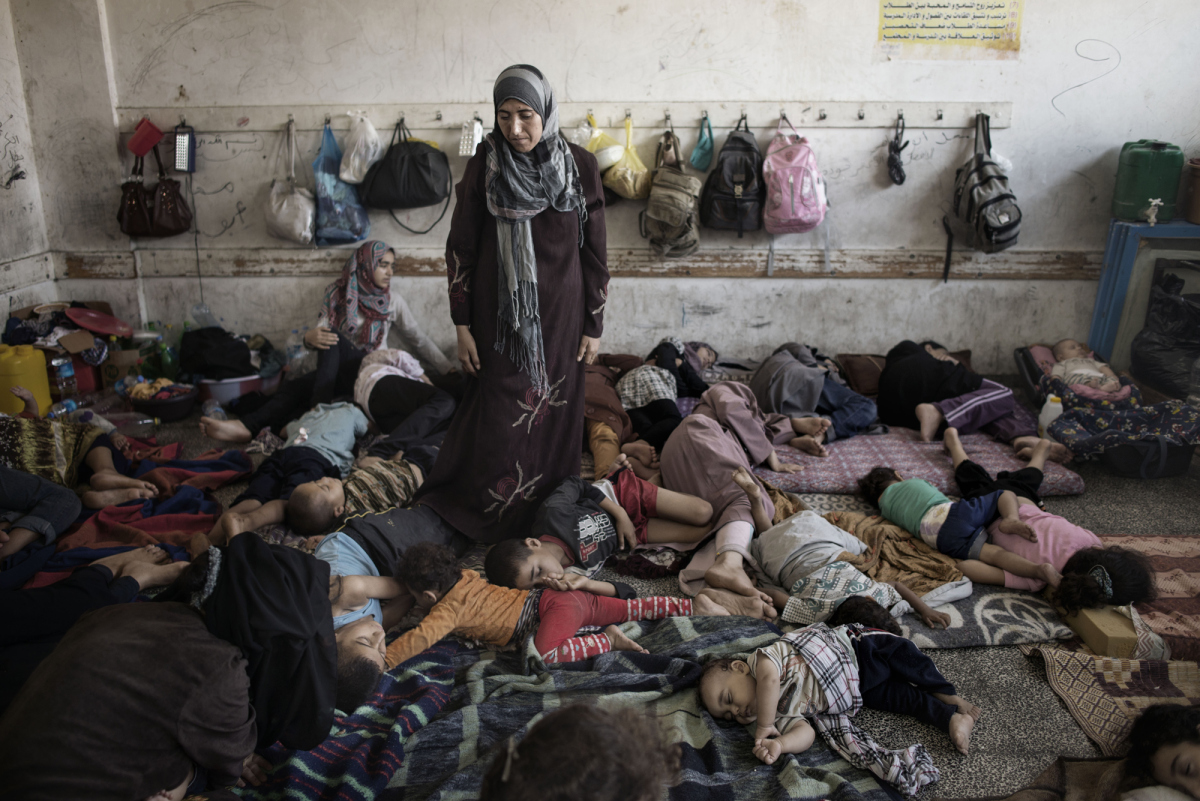
War medicine emerged at the time of the Napoleonic Wars. In these wars, two armies collided, most of them in the front lines. They settle, shoot, or stick. Most of the wounded were combatants, who were then treated in military hospitals. But there's been an evolution in war medicine.
In the Middle East, we believe that war or conflict is neither of intensity nor of long duration, war of time does not start or end. Because of its long duration, the ecology in which people live changes. They create war ecology. This ecology still survives long after the shootings, as the whole environment in which people live has changed.
Targets are physical, psychological and social; the environment has become dangerous for both the healthy and the wounded. This is true of microbes that are resistant to many drugs; 85% of those injured in the Iraq War that today have some of these resistant to bacterial drugs, 70% of those injured in the Syrian War… that is why we say that this ecology, this biosphere caused by conflicts, also transform the basic DNA of bacteria. We already have some of this theory; to some extent, it is the heavy metals carried by modern medicines, which can cause the mutation of bacteria to make them resistant to antibiotics.
So your biosphere, that green bubble you live in, is constantly changing. And it also won't go away when the bombs are gone. You have to derail it, and for that you have to understand the dynamics of the ecology of war. That is why our programme was launched at the university, which has been the main educational centre during the Lebanese Civil War and the Israeli invasion of 1982. Then the war started in Iraq, and later in Syria, and we started picking up the sick from those countries and trying here. We realized that we had to understand the dynamics of conflict medicine and the ecology of war, how the physical, biological, psychological and social consequences of war occur; because everything changes, from bacteria, the water cycles, the toxic remnants of war, the reactions of people’s bodies… Many of the Iraqi patients I’ve treated have many wounded family members.
Is the AUBMC Hospital a pioneer in ecological war research?
Yes, because of the consequences of the Lebanese civil war and the regional wars in the East.
In the Middle East, wars do not start or end. For their long duration, they change the ecology, they create the ecology of war. This ecology survives long after shootings.
After all, we are talking about a regional perpetual war.
A perpetual conflict, yes, first cooked at home and then regionally. We are a reference centre for the Iraqi Ministry of Health, also for the Iraqi Ministry of the Interior, and we act as a regional centre. Our program aims to give more time and energy to understand the ecology of this war.
In my writings and films I have often highlighted the parallel that exists between war and extreme poverty. I've worked in the world's worst suburbs, in Africa, in Central America and in the Caribbean, in South Asia, in the Philippines, in everyone. And I've realized that, in theory, in many societies that live in peace, they truly live in perpetual or even perpetual wars. Extreme misery is a type of war, although there is no “declaration of war” anywhere and not even a concrete line from the front. I have worked on information in countless wars and so many other areas of extreme misery, and the parallels between them are striking, particularly as regards their physical, psychological and social consequences for human beings. Do you think the same with what you've learned in your research?
No doubt, yes. At the heart is the “dehumanization” of people. Extreme poverty is a form of violence. The more extreme poverty is, the closer it is to the physical nature of violence. War is a very rapid degradation of people's lives to reach extreme poverty. But poverty can, above all, lead to a more gradual process. Only war causes the process to accelerate.
Is extreme perpetual poverty, therefore, like war or perpetual conflict?
No doubt. A war has been waged, above all, against those who have been raped to live in those conditions. War against the poor and against the South of the world. And there's a war on the poor also within the cities of the West.
When you talk about the ecology of war, do you investigate the consequences of extreme poverty on bodies and human lives? In the Middle East, extreme poverty is often found in giant refugee camps and in many other regions of the world in city chaboleries.
In the ecology to which we refer is also inscribed this extreme pobreza.Una of the characteristics of the ecology is that you take an injured body and put it in a dangerous physical medium, then you see this wounded body again and again, that devastated medium is converted into a continuation of the battlefield, so there is an endless wound. You're not in a corner of the Syrian front, but your kids live in a tent with eight more people, and that's why they're also victims of the epidemic of roasted children that we suffer in refugee camps, because they're in poor and dangerous places.
Another point we can analyze is: What is the war wound, which refers to a conflict? The most basic would be that produced by a shot or by a shrapnel. But what happens when you take that wounded body and leave it in a store? To present complications because they are in a dangerous environment. Are they war wounds or not? If you have children who are injured by the impoverishment of so many people, are we talking about war wounds? We also have kids with work injuries, because they have to go out to work to earn the bread of the whole family, working to fix cars, to do the loading jobs or when they can. It should also be taken into account that there are diseases that can be treated in the destination country, but where the health system has been destroyed it cannot be treated in any way, because there is no hospital or because the doctors have left… Are they not war wounds? Therefore, we must look at ecology as a whole: beyond bullets and shrapnel, although these are the headlines that buy them in the first 20 seconds of the media.
Your studies seem important to most places in the world.
Sure. Because we know that only those who call humanitarian crises exist in the imagination of the media and United Nations agencies. There is no crisis.
We are once again in a perpetual state.
Indeed, it is a perpetual. I don't stop. It's there all the time. That’s why we’re not talking about “cyclical crisis,” we’re against that idea. No arbitrator whistles with his whistle the end of the crises. When the television cameras go away, the media and then the world decides that the crises are over. But we know, for example, that the people of Laos are still suffering the greatest amputations in the world.
I am well aware, yes, today I have worked in areas that are still in pain.
Or look in Vietnam, which has most kids with the face deformed by the Agent Orange poison [dioxin].
I have also lived in Vietnam. The entire region continues to suffer the damage of what they called the “Secret War”. In Laos poverty is so severe that people are forced to sell unexploded bombs of the Army EE.UU. for chatters. They occasionally erupt. There are villages in Cambodia where people still die or lose their legs because of the old war bombs. But India is also a war camp, from Cacmir to the Northeast, to the Morning and Munbai slums…
If you use the most brutal way of measuring a conflict, that is, the number of people killed by arms, in Guatemala and El Salvador, more people are now being killed than in times of war. But as the aspect of violence has changed, because today it does not bear a political label like this, it does not even appear in the debate. But it's people who act against people.
I have written and illustrated more than once El Salvador, Honduras and Nicaragua. Extreme violence is the direct consequence of the conflict established by the West, especially the United States. The same applies to Jamaica, the Dominican Republic and Haiti. They've been led to almost total social collapse.
Yes, in Jamaica the CIA played a major role in the 1970s.
In those places of the world we don’t just talk about poverty…
No, no… We're talking about AK-47 rifles!
Exactly. I was once rolling in San Salvador, in an area controlled by gangs… I was led by a friend, a priest of liberating theology. We made two attempts. The first one had fun. In the second, they armed our Lan Cruiser with serious munitions. One side of our car was filled with bullet holes, we got through two wheels, we got to the sea. In the villages people of the maras do what they want, come, steal and rape. It's a war.
The Red Cross incorporates war medicine into the curricula of the medical schools of Colombia and Honduras. Since these countries are really at war, doctors need to prepare for that, so that they know how to behave with the four or five sick people who are each day wounded by guns.
Let me tell you what I saw once in Haiti, judging from what you said. A few years ago, I was in the Cité Soleil district of Port-au-Prince. They say it's one of the most dangerous neighborhoods or chabolates in the world. There it says: “Go in, you can go in, but you will never come out alive.” We walked into a truck with two armed guards, but they left me alone in the street, with my two big cameras and all my material. I had no other choice, I had to keep working. Suddenly I saw a long row of people standing in front of the wall, near a building. I approached. I met a strange scene, with people lying on wooden tables, blood everywhere, and military doctors from the United States doing surgery on the street corner. It was hot, all fly and dust... A man told me his wife had a big tumor. Without analyzing what it was, the doctors laid it on a table, gave it ‘local’ [anesthesia] and started taking it off. At the end of the operation, the marriage gradually approached the bus station on foot and home. A couple of kilometers away I found the well-equipped U.S. medical center, but only for U.S. troops and teams. I asked the doctors what they were actually doing in Haiti, and they explained to me calmly, saying: “Here we trained for the war scene. We can’t find anything closer to a war than this.” They were experimenting with human beings, of course, learning to operate on the battlefield…
There's only one difference in names.

As you are a surgeon who has worked in the Middle East and many other places in the world, how would you compare conflicts in Asia, in the Great Lakes of Africa or elsewhere?
In the Middle East there are still people who remember that they had hospitales.Los Iraqis coming to our hospital remember the times of 1980. Life was then different and could be different. They're literate in Health. The other side is that in 2014 alone, more than 30,000 people were injured in various ways in Iraq. The numbers are terrible. We have no record of the figures in Libya, neither of the ethnic cleansing nor of the murders that are taking place in Libya. The same numbers are serious, but in terms of the effects, we are still at the beginning of the phase of demedicalization. These systems haven't evolved, they've been dismantled. Step back.
Do you blame Western imperialism?
If you have concerns about economic sanctions and their damage to the health system, of course you do. If you look at Libya, of course you do! When those states are said to have dissolved, that is a lie. We are well aware of the damage that the dynamics of economic sanctions have caused in Iraq, or what has happened in Iraq since 2000. We know what has happened in Libya.
Or in Afghanistan ...
The first thing the Mujahidines did in Afghanistan or Contra in Nicaragua was to attack the clinics. The Americans have always known that you can destroy the state by preventing those non-coercive powers that we mentioned earlier from being granted to the citizens.
Do you think this aspect of the world is the one that has been most affected?
Today, no doubt. Statistics show this. I think about 60% of those who die in wars die in this region…
By saying “this region”, how does geography determine it?
Afghanistan to Mauritania. Including the boundary between Algeria and Mali. Border Libya… a disaster that has been the split of Sudan, the one that happens in South Sudan, the one that happens in SOMALIA, in Libya, in Egypt, in the desert Sinai, in Syria, in Yemen, in Afghanistan, even in Pakistan with people who kill there with drones…
But we also have the 10 million people who have died in the Democratic Republic of Congo since the invasion of Rwanda in 1995…
That's quite different. This corresponds to another ‘more advanced stage’: that of the total disappearance of the state… In the Arab world, Libya is closer to that scenario. The country has been invaded by oil companies. The Democratic Republic of the Congo has been occupied by the mining companies and the wars run them directly from their hands, more than the Western armies. You overthrew the state until the state's total extinction, and then it's the corporations that send directly, as they did in the era of colonialism, at the time of the companies of East Indian Company and the Dutch Empire, which are once again the top players.
What is the purpose of your research, the giant project called ‘Ecology of War’?
One of the characteristics that we highlight is the holistic approach. Compartmentalization is part of the censorship process. “Since you are a microbiologist, you just have to look at what happens to this bacterium… You as an orthopedic surgeon, check out the wounds of explosions, bombs, ground pains…”. This compartmentalization prevents people from seeing the photo in its entirety. That is why we emphasize that this program has sociologists, political scientists, anthropologists, microbiologists, surgeons… otherwise we will see only a small science. We tried to put science together to see the big picture, bringing together the parts of the puzzle.
For pedagogical or methodological reasons, historians tend to fragment and divide historical periods of the past into deadlines. There are traditional times that we all know (Prehistory, Antiquity, Middle Ages, Modern and Contemporary Ages), but also several sub-ages.
These... [+]
On 26 December, during an air strike, the Israeli Army killed five Palestinian journalists trying to reach the city. They killed 130 Palestinian journalists. This news has reminded me of a couple of things, the first, the persecution of true journalists in any part of the world,... [+]
The girl who appears in the center of photography, which can hardly be considered historical, is writing a list of adjectives: I, you, he, we, you, they. Looking down, I couldn't see what his gaze looked like.
Insensitive to the work of the photographer, you, slowly and... [+]











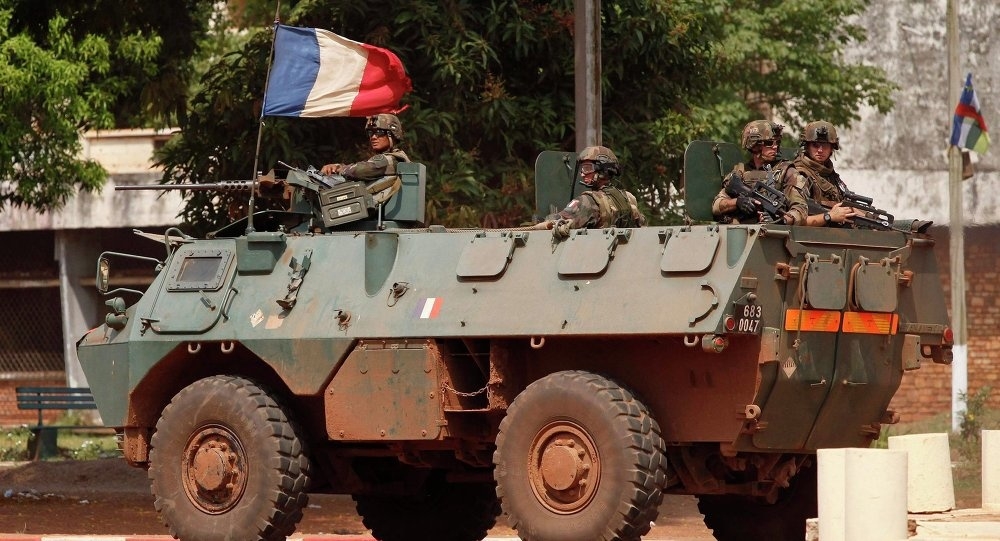
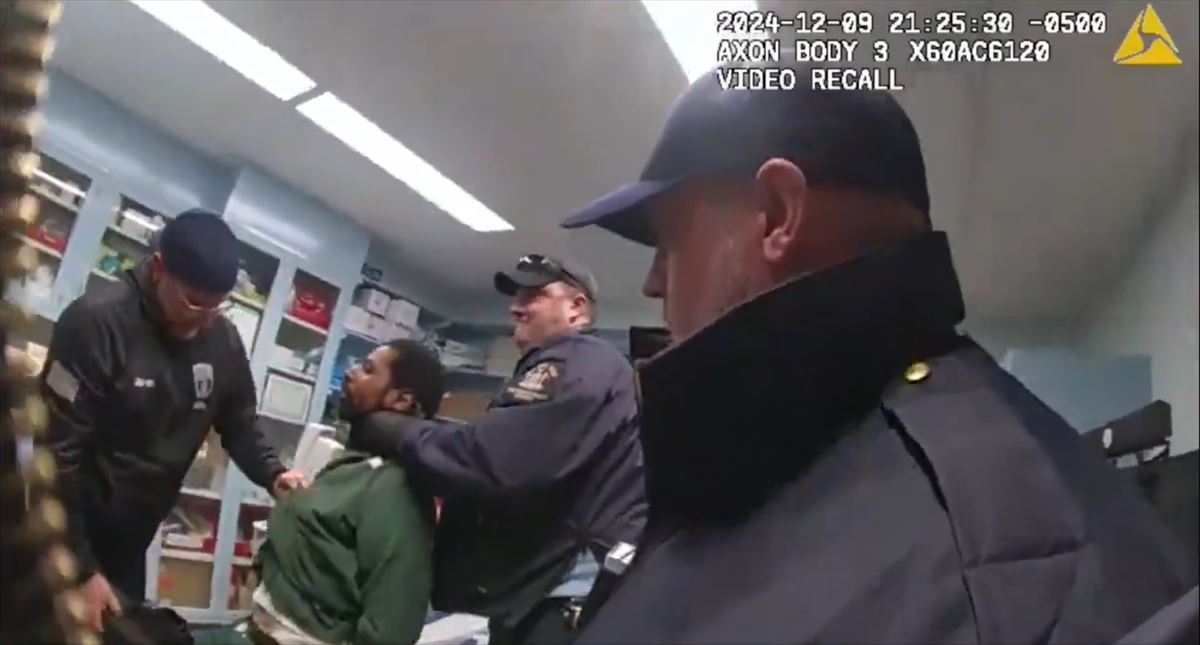
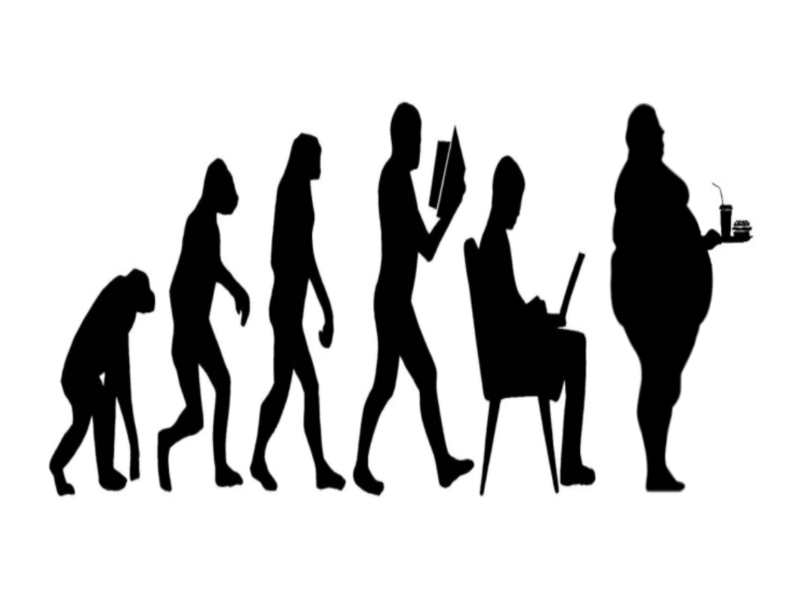
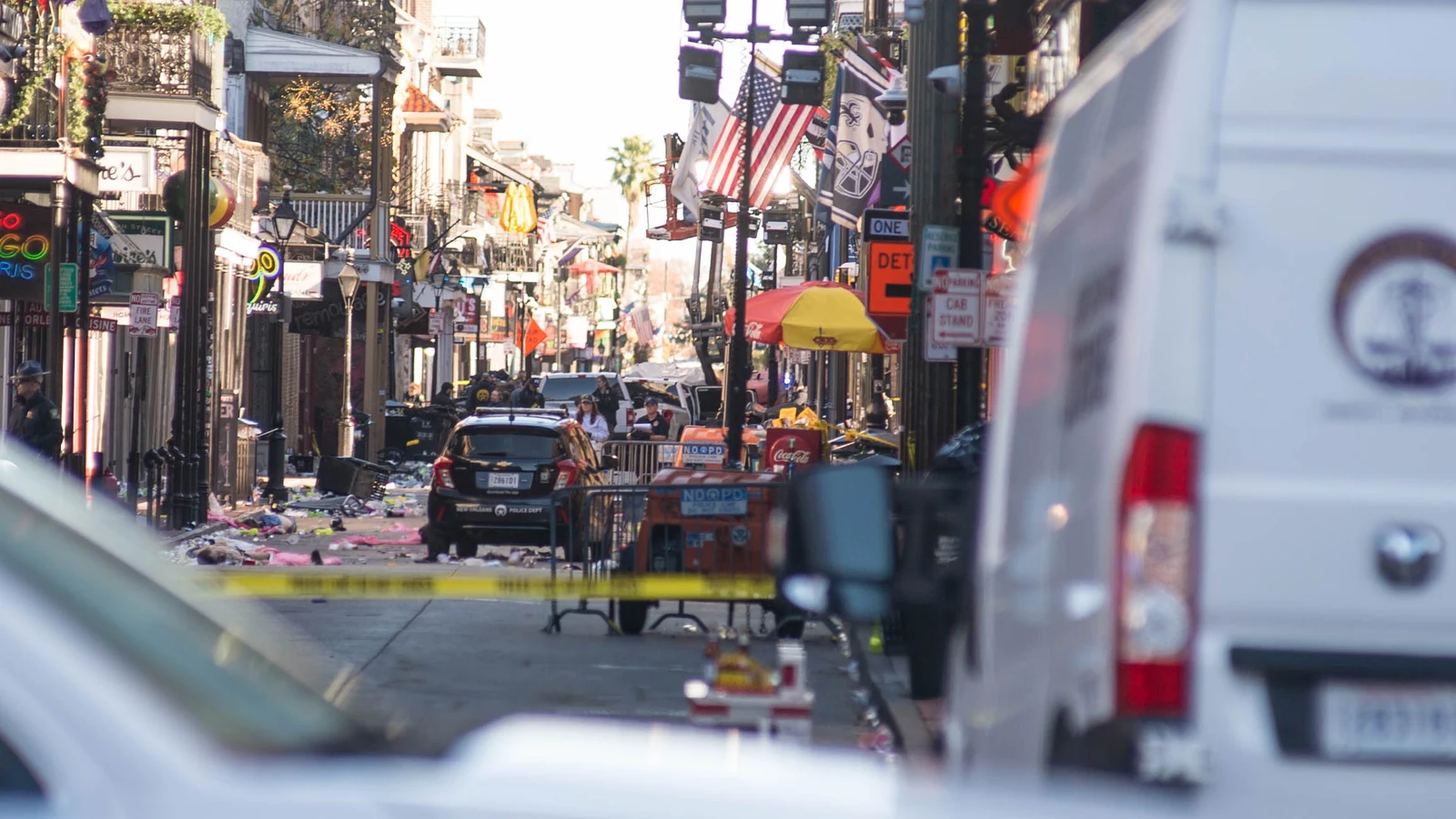


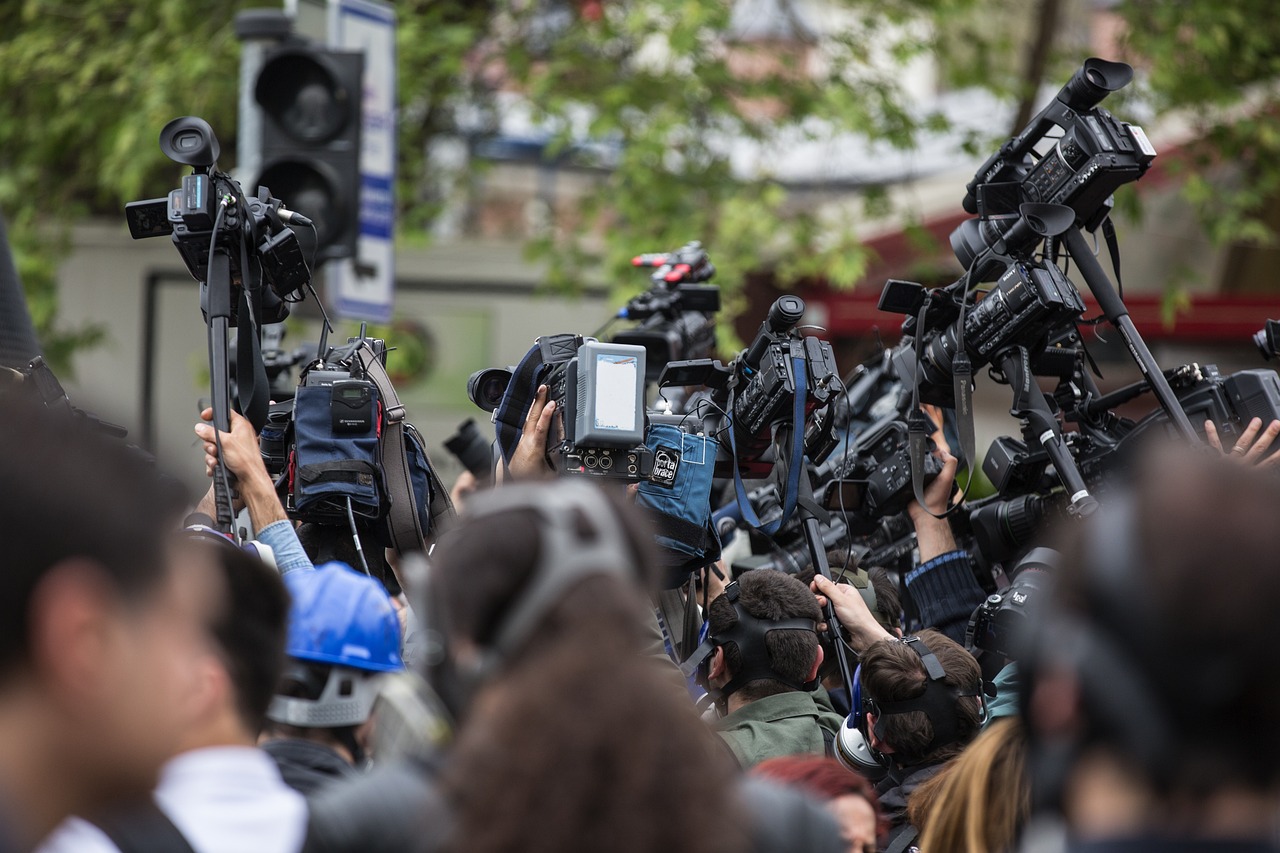
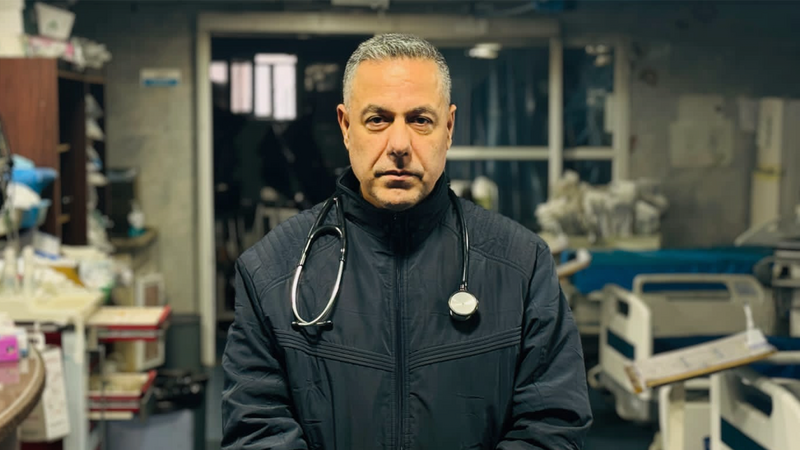
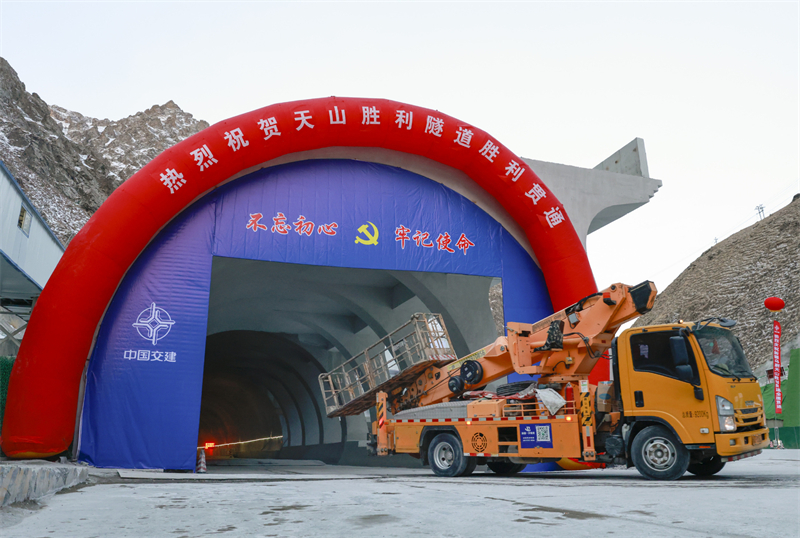
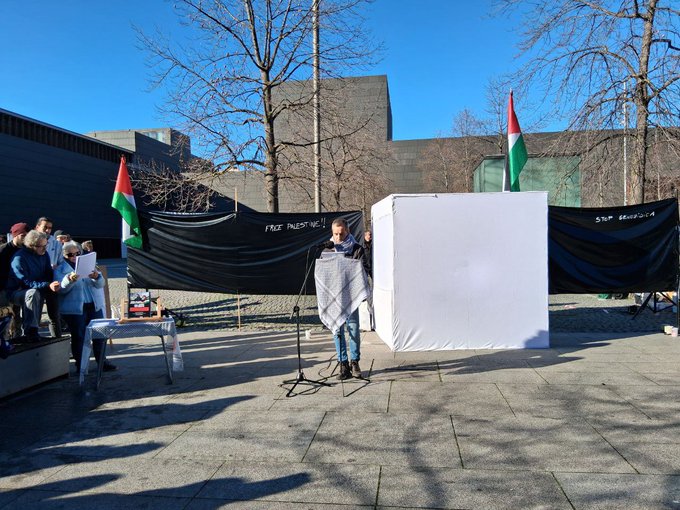
.jpg)

-(1).jpg)